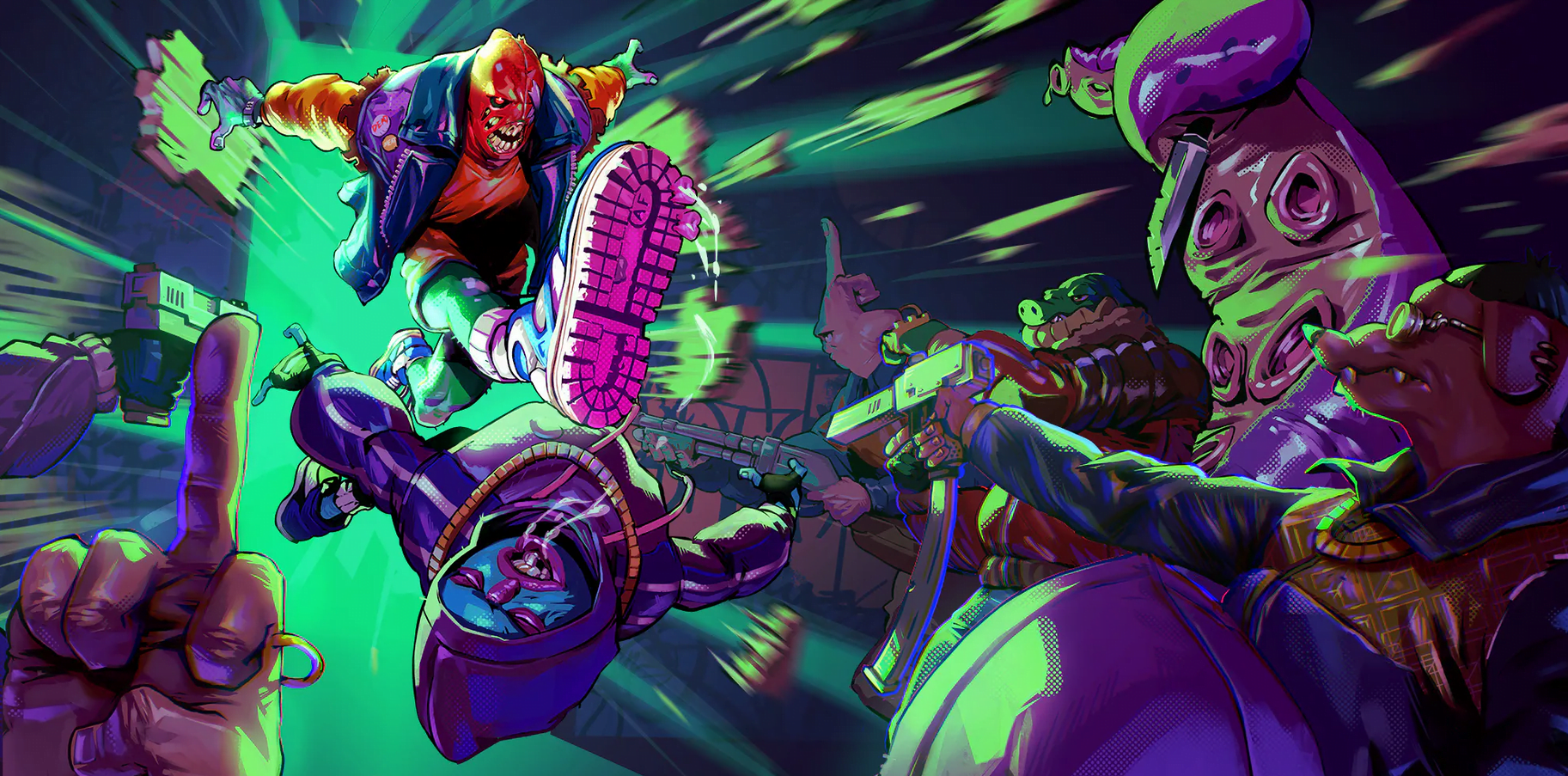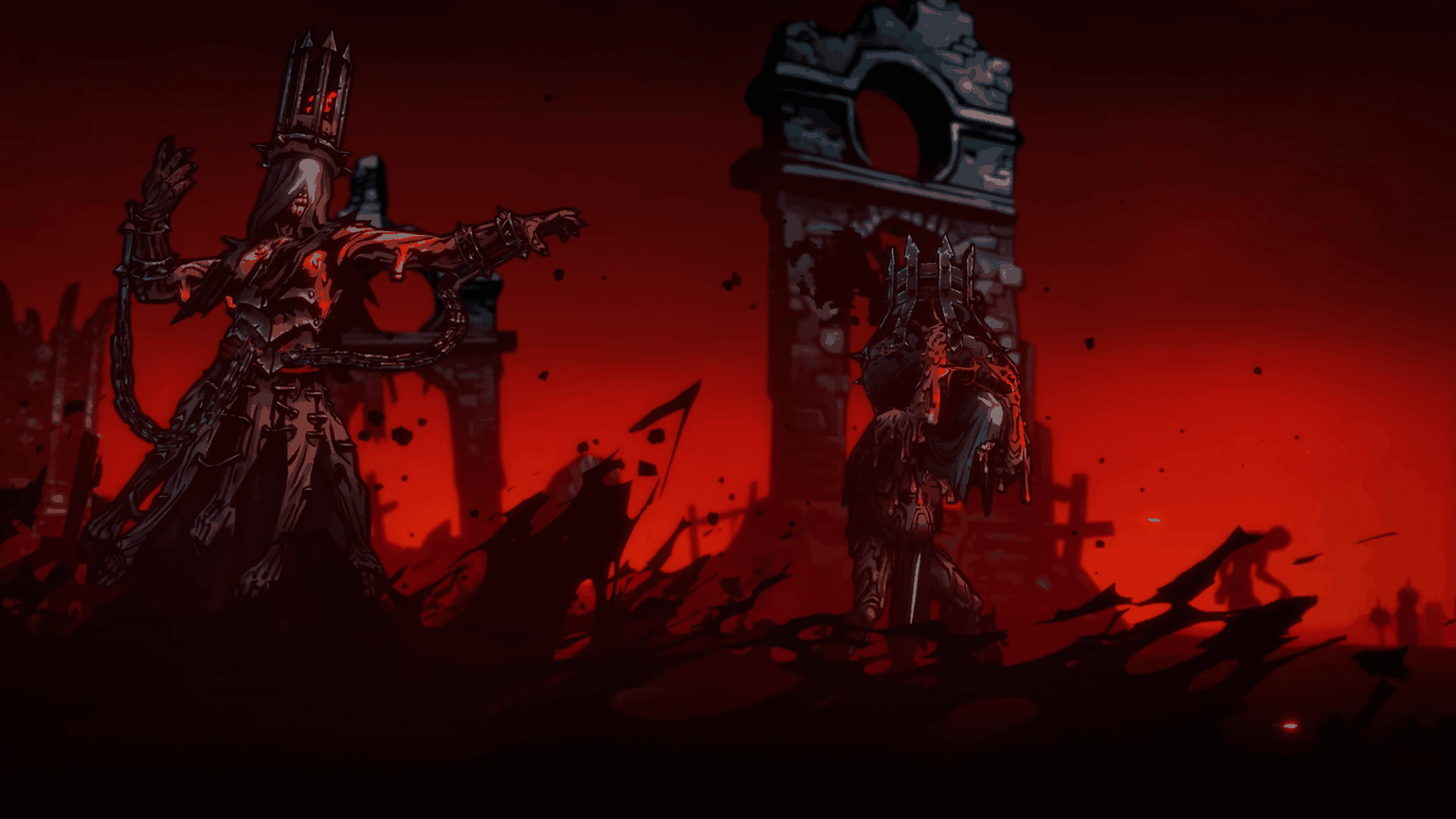I have always been a great admirer of George Orwell’s classic dystopian novel Nineteen Eighty-Four. Although so many elements from the novel have become well known individually (Big Brother, doublethink, Room 101), when put together in the novel they create a superbly detailed, terrifying and desolate world. The bleak hopelessness of Nineteen Eighty-Four is something timeless, especially given the general state of the world today (which admittedly is still thankfully far from the absolute nightmare of the book). But sometimes, the unremitting bleakness of it requires a palate cleanser. If for a change you’d like to experience your dystopian future with a slice of humour, look no further than Paranoia: Happiness is Mandatory.

Paranoia: Happiness is Mandatory is a video game adaptation of the long-running tabletop RPG, Paranoia. The game is set in the underground Alpha Complex, in a dystopian future where humanity is ruled over by a despotic, psychotic supercomputer, Friend Computer. People live in a rigidly hierarchical society governed by the colour spectrum, and are controlled by a combination of drugs and the ruthless efficiency of Friend Computer, who constantly roots out treason, secret societies and insurrection, all of which are punishable by instant death. There isn’t that much of an overarching plot to Paranoia at first other than “survive”. You begin the game as a newly resurrected clone, who is tasked to join a squad of Troubleshooters (so named because they find trouble, then shoot it). Each day, Friend Computer gives the team an objective to accomplish, issues you with gear and then sends you on your way. These missions have a fairly good variety to them, even if the gameplay itself is quite repetitive. As the missions continue, what appears to be an overarching conspiracy is gradually uncovered. The writing is for the most part really good, being both funny and dark in equal measure. Most of the dialogue is not voiced except for Friend Computer’s lines (which appropriately are read by a text-to-speech program) as well as some other computer characters, which make them feel like the game’s best personalities by far.
Due to the enormous and often self-contradictory set of rules governing life in Alpha Complex, you will be routinely gaining infractions which will increase your treason level. Rule-breaking can range from simply walking into areas for which you don’t have clearance (a very easy thing to do accidentally), to hacking vending machines or disagreeing with Friend Computer in any way whatsoever (or even agreeing with it in a way it doesn’t like). You can go to Confession Booths that are spread around the environments for a chance to confess your crimes to reduce your treason, but doing so involves further questioning by Friend Computer that can actually raise your treason level even higher. Many missions deliberately require you to commit treasonous acts, reinforcing the ridiculous, Kafkaesque nature of the world. Reaching 100% treason level of course leads to your swift termination.

The combat is real-time with the ability to pause, similar to Mass Effect but from an isometric perspective with you controlling a squad of team members. You can assign actions to members when paused, which they’ll then perform when time resumes. Troubleshooters can be ordered to take cover, fire at particular enemies or use special skills for extra effect. You also have to take note of the colour level of your opponents; higher level colours may be immune to your lower level weapons, meaning changing equipment or having other means of dealing with them is necessary. The combat is quite one-note and imprecise; I personally would have much preferred a turn-based combat system like the modern XCOM games, and I think this would have worked better with the game’s isometric camera. Similarly, the importance of taking cover isn’t communicated very well, as you will bite the dust quite quickly against some of the tougher enemies and bosses when you’re out in the open. Unfortunately, a lack of manual saving and unforgiving checkpointing can sometimes mean you have to redo large parts of a mission if you die unexpectedly.
Talking of death, Paranoia has an interesting mechanic in that, because you’re a clone, you can be re-cloned a number of times when you die. By default you have a “six-pack” of clones (including your starting body) to last you through to the end, but there are ways of extending this if you talk to the right people. You can respec the skill points you previously acquired into your new clone, so you’re not left to start from scratch. Unfortunately most of the time the standard five extra lives you’re given isn’t enough, as I started running low very quickly thanks to some particularly deadly enemies. Aside from fighting and chatting with characters, there is also a very irritating hacking mini-game which is particularly unforgiving, leading me to avoid hacking unless it was absolutely necessary.
Paranoia: Happiness is Mandatory has a lot of great ideas, a funny, subversive world and some great tense music. It’s just a shame that it then makes you spend most of time doing repetitive tasks in the way of dull fighting and trudging back and forth between NPCs for them to provide you with more exposition. Scenes with Friend Computer are always a highlight, because you feel that constant paranoia about how best to answer it to prevent from being evaporated by the lasers. The rest of the time however, tedium sets in. Paranoia: Happiness is Mandatory captures a lot of the spirit of the original tabletop RPG, but is let down by a core gameplay loop which is ultimately unrewarding.




